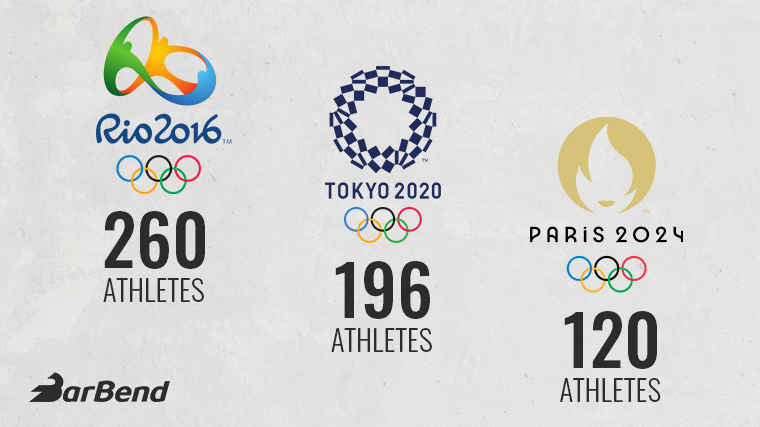On Nov. 18, 2021, the International Testing Agency (ITA) issued a press release declaring that 13 internationally-competitive Olympic weightlifters have been provisionally suspended from competition. Their ejection from the sport of weightlifting comes as a result of retests conducted on samples taken almost a decade prior.
The samples, which were originally collected in 2012 at the European Weightlifting Championships (EWC) in Antalya, Turkey, passed drug screens at the time. However, improvements in detection methods by the ITA spurred retests on the samples, which yielded positive results for the following competitors:
- Hysen Pulaku (Albania)
- Hanna Batsiushka (Belarus)
- Dimitris Minasidis (Cyprus)
- Irakli Turmanidze (Georgia)
- Rauli Tsirekidze (Georgia)
- Cristina Iovu (Moldova)
- Florin Ionut Croitoru (Romania)
- Razvan Constantin Martin (Romania)
- Oxana Slivenko (Russia)
- Gokhan Kilic (Turkey)
- Bunyami Sezer (Turkey)
- Hatice Yilmaz (Turkey)
- Fatih Baydar (Turkey)
View this post on Instagram
Of the athletes suspended, several already received sanctions for failed sample tests in 2012, including Tsirekidze of Georgia, who in 2016 had his results from the 2012 Olympic Games (fifth place) retroactively purged. Moldovan athlete Iovu was already serving a ban for blood doping, effective until 2026, prior to the ITA’s announcement.
The 13 names also include prior Olympic medalists, including Georgian lifter Turmanidze (Bronze, Rio 2016), Russia’s Slivenko (Gold, Beijing 2008), and Romanian athlete Martin (Bronze, London 2012). Martin had already forfeited his medal in late 2020 for doping after being caught by additional London Olympic Games sample retesting.
The athletes may request that their secondary “B” samples be tested as a means of objecting to the ITA’s declaration. The 13 lifters have not been formally sentenced, and the ITA states that they are handling the prosecution internally and will not comment further on an ongoing investigation.
Drug Abuse in Weightlifting
The ITA has been working in conjunction with the International Weightlifting Federation (IWF) to better police the drug abuse issues in the sport throughout past Olympic cycles. As a continuation of the ITA’s efforts to manage allegations against the IWF regarding “a mishandling of anti-doping matters,” the organization recently issued suspensions against several IWF member federations and individual athletes.
These actions are in alignment with the IWF’s modern rhetoric regarding their approach to doping in weightlifting. Following the conclusion of the Tokyo 2020 Olympic Games, changes to the Olympic charter by the International Olympic Committee (IOC) severely jeopardized weightlifting’s place in the Games program.
[Related: Phil Andrews: What’s Needed For International Weightlifting Reform]
Under intense scrutiny by the IOC, the IWF has since taken steps to rehabilitate its image, including the appointment of a new Athletes’ Commission to give the athletes more of a voice in the organization’s bureaucratic process. Despite the IWF’s actions, weightlifting has suffered significant penalties looking towards the Paris 2024 Games.
The Paris Olympics will see just 120 weightlifting competitors in total and five classes for both the men’s and women’s divisions, a reduction of the sport’s Olympic presence. While some of the 13 athletes sanctioned by the ITA were already ineligible to compete in Paris, their current suspension showcases action by the ITA as it works to curb drug use leading up to the next Olympics.
Featured Image: A RICARDO/Shutterstock
